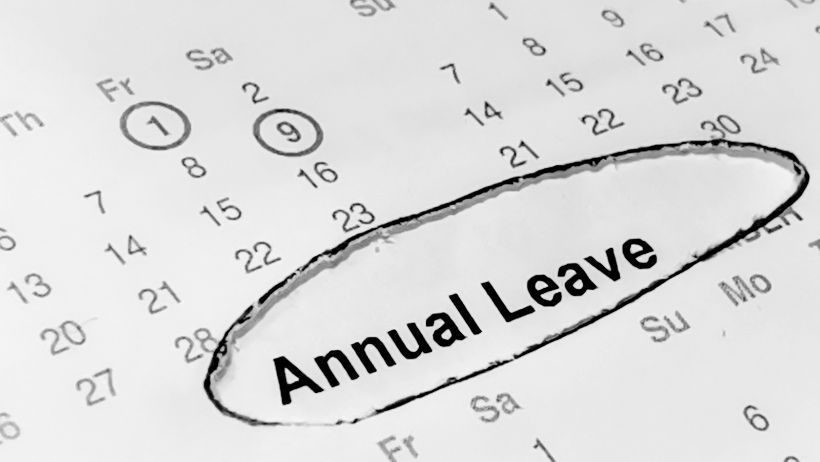How GST works
New Zealand’s Goods and Services Tax (GST) system is often praised for being a simple broad-based tax. But this doesn’t mean mistakes don’t happen.
What is GST?
GST is a tax added to the price of most goods and services, including imports. If you carry out a taxable activity in New Zealand and your turnover is more than $60,000 in a 12-month period, you are required to register for GST. GST is charged at a rate of 15%. ‘Taxable activity’ is generally defined as an activity which is carried on continuously or regularly by any person, and involves the supply of goods and services to another person for consideration.
When do you charge GST?
In general, GST should be charged on most taxable supplies. However, some goods and services are either zero-rated or exempt. Common exempt supplies include renting a residential dwelling and providing financial services, while exported goods/services and land transactions between GST registered persons are examples of zero-rated supplies. For most other goods and services, GST should be charged on the sale. GST can be claimed on goods and services purchased for use in your taxable activity. This means there must be a connection between the taxable supply produced and the good/service a claim is being made on.
Claiming GST
A GST claim can only be made to the extent that the goods and services are used to make a taxable supply, i.e., a supply to which GST applies, including a supply that is zero-rated. As a result, GST-registered taxpayers should be mindful as to whether the good/service they are producing or purchasing is an “exempt” supply or a taxable supply. Furthermore, no GST claim can be made for personal expenditure, as personal expenditure is not connected to a taxable supply.
Take for example a company that has both a commercial investment property and a residential investment property. The supply of residential rental accommodation comprises an exempt supply. Because the company is simultaneously carrying on both a taxable and exempt activity, care needs to be taken to ensure GST is not claimed on expenses relating to the exempt activity, such as GST on the rates and insurance relating to the residential rental.
Where there is an element of both business and exempt use of an asset, the GST claimed on purchase should be apportioned based on the estimated business use. For example, where a phone is purchased in the business, an estimation should be made as how much it will be used privately, and the GST claim should be adjusted accordingly.
Examples of instances where GST is incorrectly claimed include payments for:
• Loan/mortgage principal
• Interest
• Personal drawings
• Construction of residential dwellings that will be held long-term as rentals
• Wages
A common missed opportunity is where a GST-registered person purchases a second-hand good from a non-GST-registered person for use in their taxable activity. In this scenario, a GST credit is claimable by the purchaser, even though GST was not charged by the vendor – e.g., the purchase of a business motor vehicle off TradeMe.
Even though it is called simple and broad-based, having your GST returns periodically independently reviewed is a good idea.

To discuss all your account matters please call us on 09 438 1001
Contact Us
PHONE
POSTAL ADDRESS
PO Box 687
Whangarei
New Zealand
FOLLOW US
Copyright Gunson McLean Ltd © 2019


